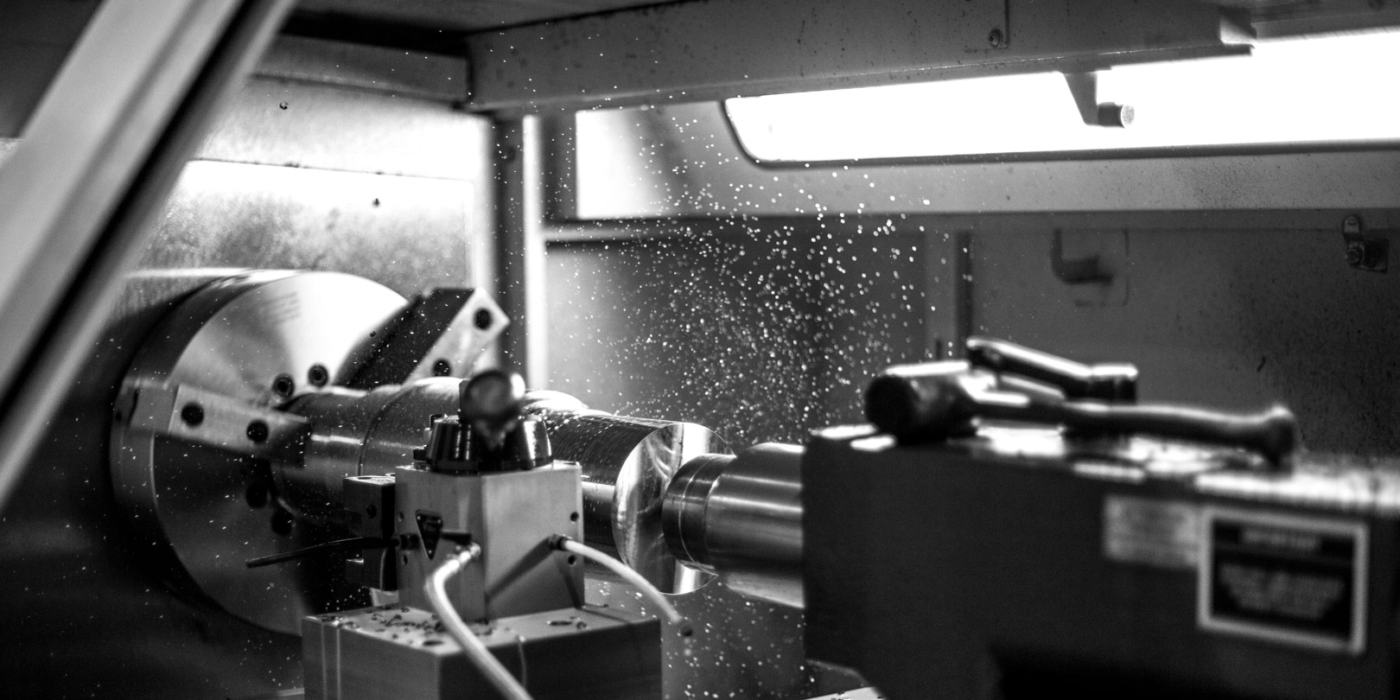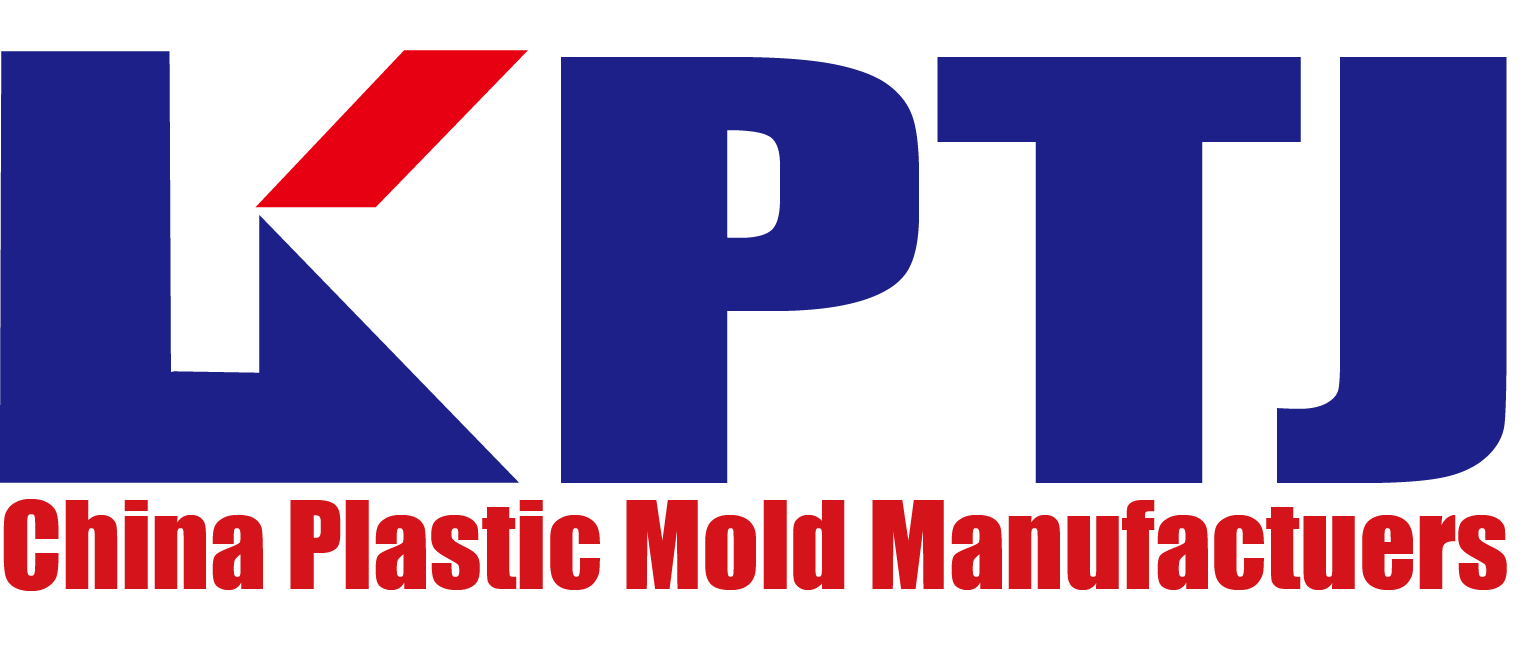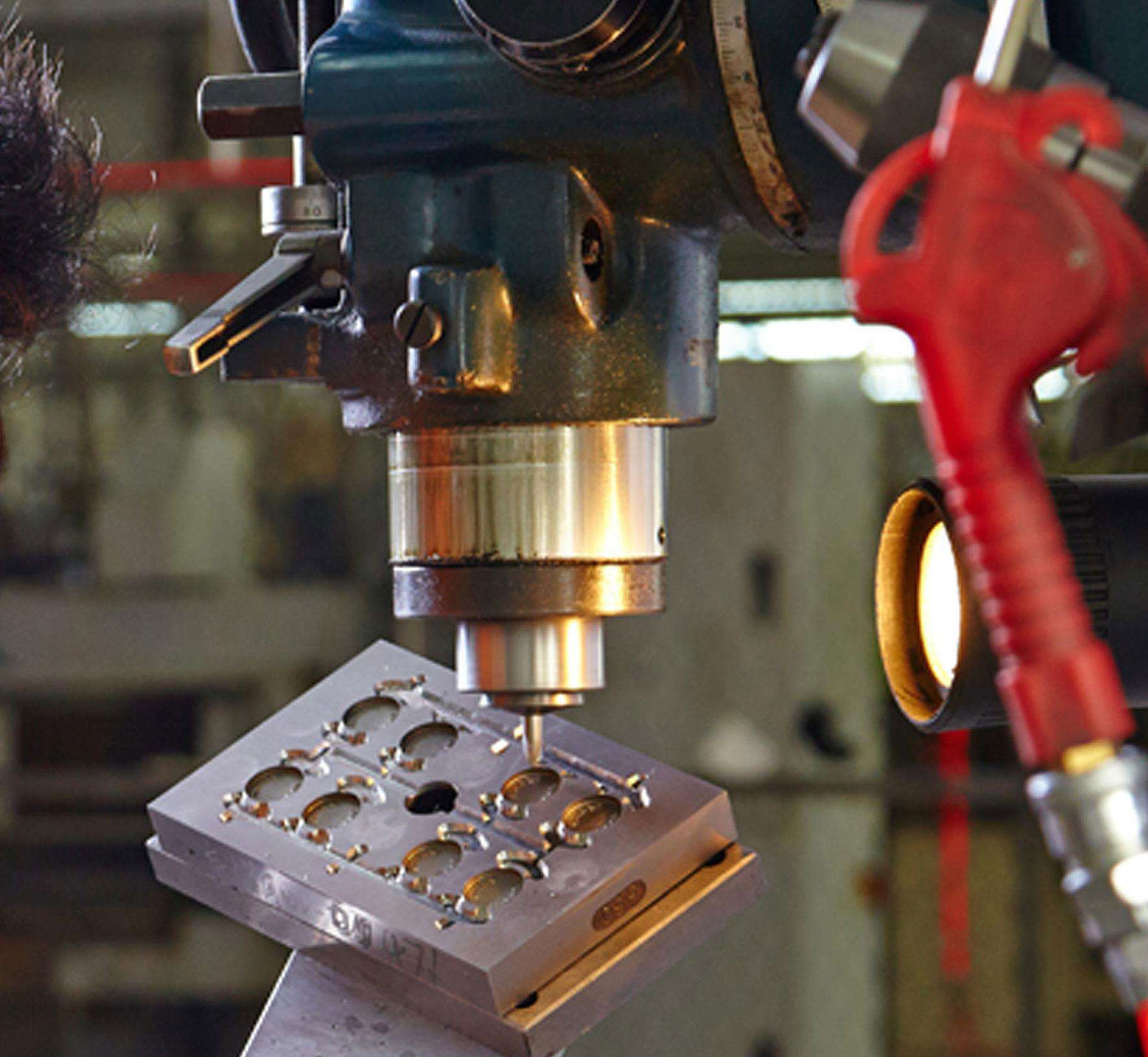Plastic mold is a tool for producing plastic products; it is also a tool that gives plastic products a complete structure and precise dimensions. Injection molding is a processing method used in mass production of certain shapes and complex parts. Specifically, the plastic melted by heat is injected into the mold cavity by a high-pressure injection molding machine, and after cooling and solidification, a molded product is obtained. So, how to maintain plastic molds?
- 1. First of all, each pair of molds should be equipped with a resume card to record and count the use, care (lubrication, cleaning, rust prevention) and damage in detail. According to this, it can be found which parts and components have been damaged and the degree of wear and tear to provide discovery And the information materials to solve the problem, as well as the molding process parameters of the mold and the materials used in the product, to shorten the test run time of the mold and improve the production efficiency.
- 2. Test the various performances of the mold under the normal operation of the injection molding machine and the mold, and measure the size of the final molded plastic part. The current state of the mold can be determined through these information, and the cavity, core, cooling According to the information provided by the plastic parts, the damage status of the system and the parting surface can be judged, and the damage status and maintenance measures of the mold can be judged.
- 3. Several important parts of the mold must be tracked and inspected: the function of ejection and guide parts is to ensure the opening and closing movement of the mold and the ejection of plastic parts. Always keep the mold thimble and guide column lubricated (select the most suitable lubricant), and regularly check the thimble, guide post, etc. for deformation and surface damage. Once found, they should be replaced in time; after completing a production cycle, the mold Apply professional anti-rust oil to the working surface, motion and guide parts, especially the protection of the elastic strength of the bearing parts with gears, rack molds and spring molds to ensure that they are always in the best working state; with production As the time continues, the cooling channel is prone to deposit scale, rust, sludge, algae, etc., which makes the cross section of the cooling channel smaller and the cooling channel narrower, which greatly reduces the heat exchange rate between the coolant and the mold and increases the production cost of the enterprise The cleaning should be paid attention to; for hot runner molds, the maintenance of the heating and control system is helpful to prevent the occurrence of production failures, so it is especially Important. Therefore, after the end of each production cycle, the belt heaters, rod heaters, heating probes and thermocouples on the mold should be measured with an ohmmeter. If they are damaged, they should be replaced in time and carried out with the mold resume Make comparisons and make records so that problems can be found in time and countermeasures can be taken.
- 4. After the mold completes the production task, different methods should be used to carefully remove residual injection according to different injections. Copper rods, copper wires and professional mold cleaning agents can be used to remove residual injection and other deposits in the mold, and then air dried. It is forbidden to clean hard objects such as iron wire and steel bar to avoid scratching the surface. If there are rust spots caused by corrosive injection, use a grinder to polish and spray with professional anti-rust oil, and then store the mold in a dry, cool and dust-free place.



